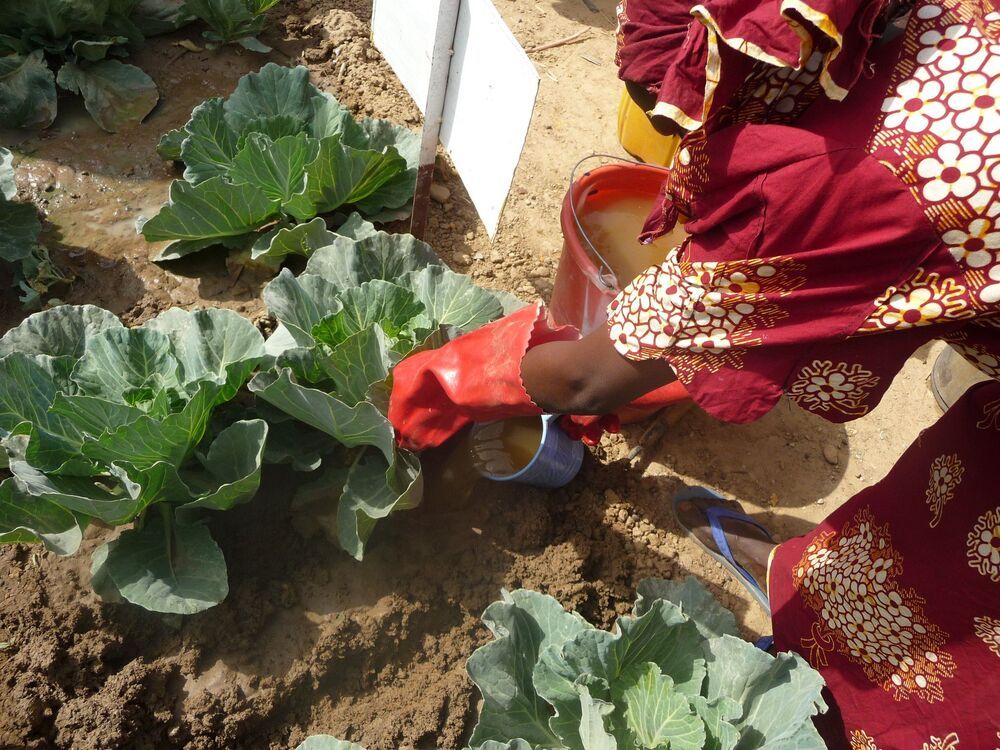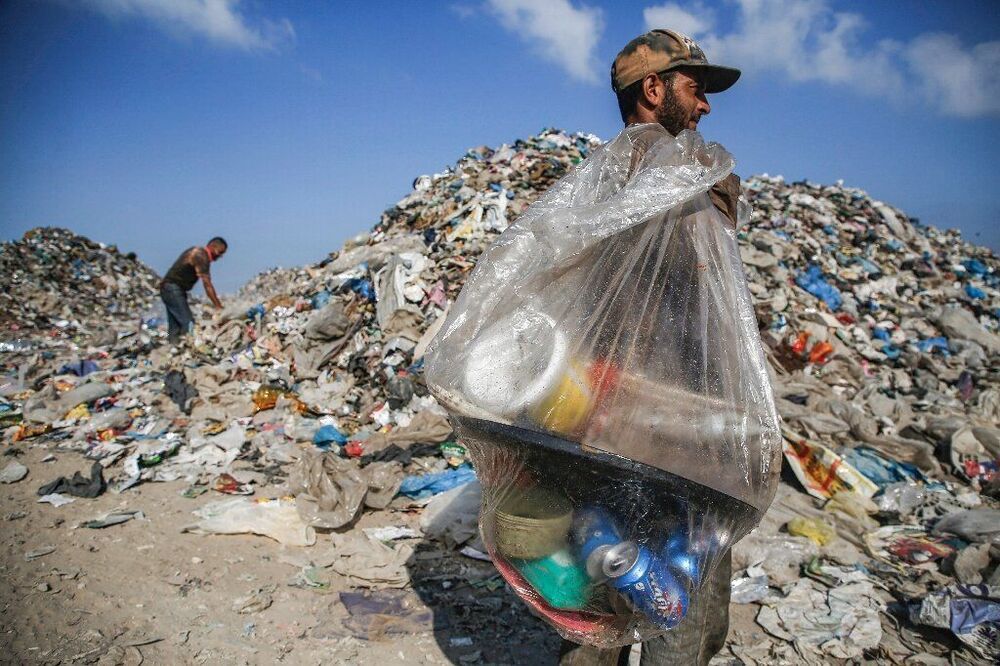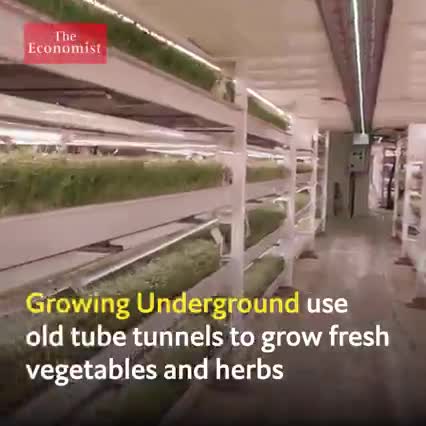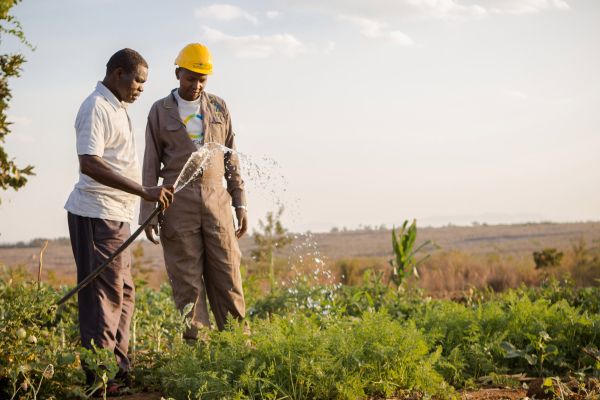“The newest term — Universal Basic Means of Production — helps someone unfamiliar with the concepts to better imagine that world without clouding the idea with negative connotations from the past. So, what if instead of focusing so heavily on the idea of passing out money to individuals, we shift our focus to subsidizing 3D printers, local recycling centers for collecting plastic to make 3D printing filament when possible, and vertical gardens in homes and communities.”
Imagine a carbon nanotube replicator and garden in every home. It’s not sci-fi and will soon be possible. How fast we make the transition is entirely up to us.
This term refers to the idea of providing every household with technology that allows people to produce things they need at home. This includes consumer goods such as clothes, food, building materials, etc. and refers to the idea of getting everyone producing as many of their consumable materials as possible.
In many ways, we can think of it as creating a decentralized means of production, although it’s not entirely decentralized. And when you get right down to it, the whole point of a decentralized means of production is people working together to produce things they need. Not just some corporate “shareholder value” conference.







